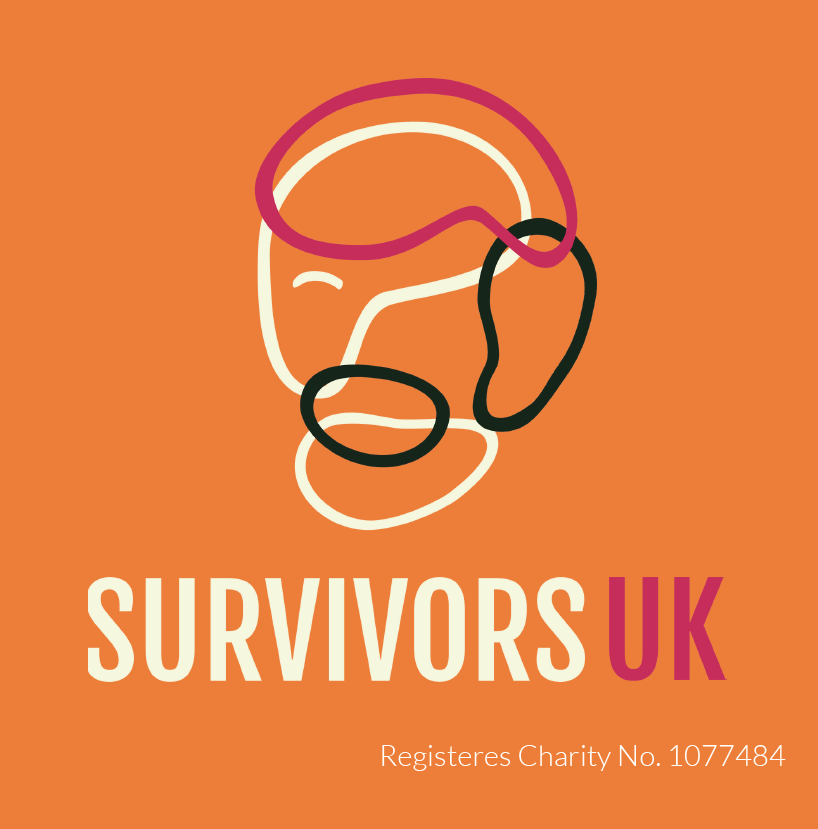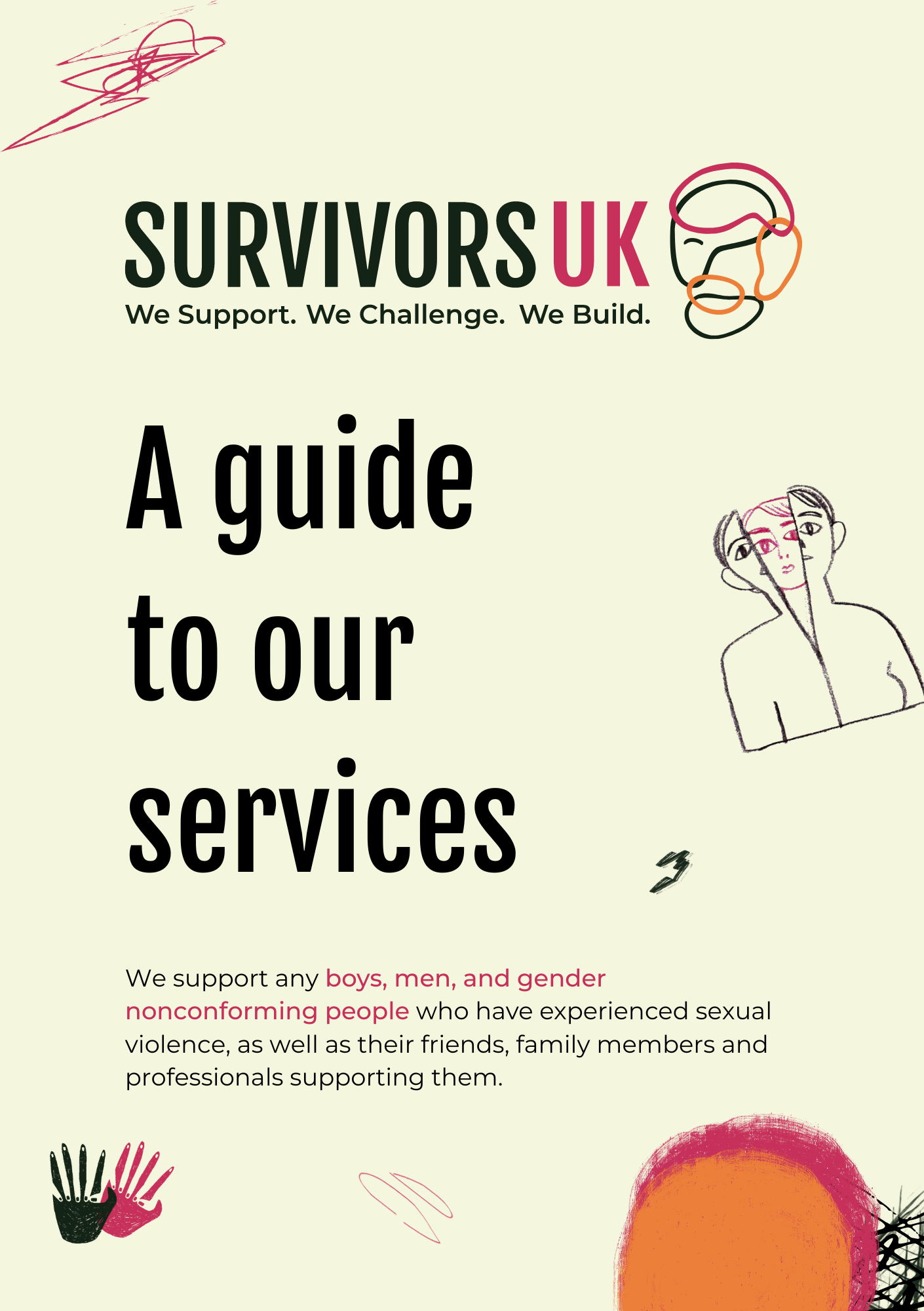A friend or a loved one has disclosed to you that they are a survivor – that they have experienced male sexual abuse at some point in their life.
Someone telling you about this part of their life is an important step in their journey. This may be difficult for them, and will also have an impact on you that you may not realise at the time.
How you can help
While you should aim to support the survivor, you also need to be careful not to push them into taking what you see as the right course of action.
Often the survivor may ask you what they should do. You can make suggestions, but we’d recommend you do some research before you offer any advice.
Listening is the most valuable thing you can do at first.
We advise that you try to help the survivor with what they decide is right for them. If they do decide they want support then you can direct them to a service like ourselves – however, you may simply need to be someone they can lean on.
Listening to their story can sometimes be all the help they are able to accept.
Helpful tips
- When discussing what they’ve told you, try and avoid talking about feelings as if they are facts – e.g: saying ‘this is unbelievable’ might be heard as you voicing distrust. Survivors can often fear being seen as deceitful or that their story is untrue.
- Try asking open questions that cannot be answered with ‘yes’ or ‘no’, as this can help someone talk about their feelings – eg: asking ‘how do you feel now that you have told me?’ when you are discussing the disclosure.
- Moving forward, it is important that you are clear with them and yourself about the limits of what you can bear – and that you get the support you need.
Looking after yourself
While you may want to help the survivor, disclosure can also be a traumatic moment for you. It is difficult for you to support a friend or loved one while you a struggling with the news yourself.
It is normal to feel disbelief and to be unsure if what you are being told is true. This is because we sometimes cope with traumatic experiences by convincing ourselves that they did not really happen – facing the reality of it can be too painful.
Feelings like confusion, anger, sadness, blaming yourself or the survivor – these are all common reactions. If the survivor is a partner, you may also find this interferes with your intimate relationship.
What you can do next
Most supporters of sexually abused men deal with conflicted feelings, and try to minimise the effect that supporting the survivor is having on them.
Speaking to a professional may help you to gain some understanding about the situation, and also help you in your efforts to support a survivor.
You can talk to one of our team of trained professionals and supervised volunteers through our online helpline.
You may also find it useful to look at our Forums, which may have useful information from other people in your situation.
You can also contact the office if you feel you need further assistance.
















